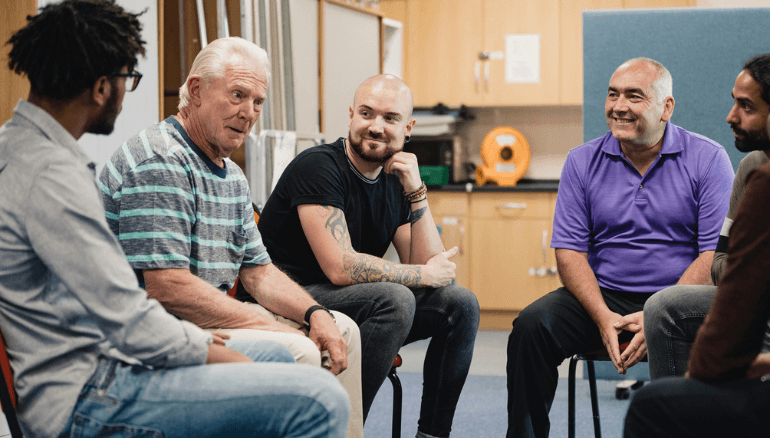Good health is more than being free from sickness or disease, it’s about having optimal physical, mental, and social well-being to enjoy life and navigate the bumps in the road (rather than breaking down) when they arise. Health is fundamental to our function in society, and it can affect everything from our finances to our family. Every person is entitled to the highest possible standard of health to live a life of dignity.
Some of the things that impact our health can’t be changed, but many of them can.
What influences health?
Our health isn’t solely dependent on the body we were born with. It can be influenced by lots of things, like our education, where we live, what we do for work, and how much we’re paid. These are called social determinants of health.
They’re the non-medical factors that shape our well-being and include economic, political, cultural, and environmental forces, and they have a strong influence on the rates and severity of disease. These social determinants all contribute to the ability to live a long and healthy life.
The social determinants of health interact with each other, with our physical and psychological make-up, and the interventions or actions we take to improve health (such as seeing a doctor or getting medical treatment when it’s needed).
These interactions can be complex, occur over many years and can contribute to inequalities in health between population groups.
For example, a better education means a higher chance of getting a job, living comfortably in secure housing, and having access to healthy, nutritious food. Lower levels of education also result in lower health literacy and poorer health choices, higher-risk behaviours, and lower protective behaviours.
All is not equal
Generally, Australians live long and relatively healthy lives but there are population groups that experience significantly poorer health compared to the rest of the country. These priority populations need additional, tailored resources for improved care and equitable outcomes.
Some people can belong to more than one group.
Many people have been treated badly or excluded based on their ethnicity, class, sexual orientation, religion, incarceration status, immigration status, age, and gender. These experiences can discourage them from seeking health care, and these people may be influenced by the social determinants of health in different ways. Intersectionality is a way of understanding how people’s experiences are shaped by their intersecting identities.










